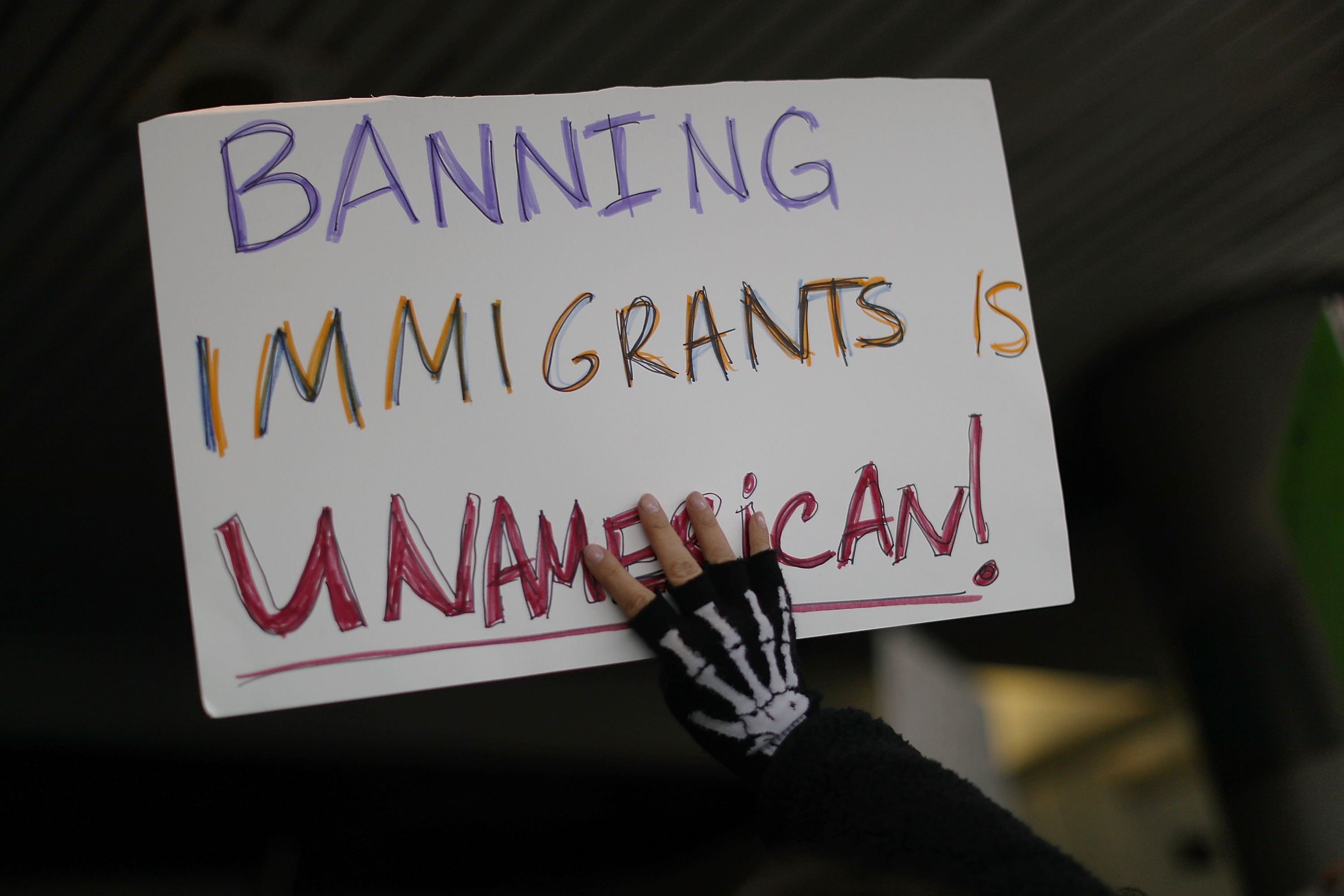Who Will Be Allowed Into the U.S. When the 'Muslim Ban' Goes Into Effect?

On Monday (June 26), the Supreme Court lifted injunctions that prevented President Donald Trump’s “Muslim ban” from being implemented. At 8 p.m. EDT today (June 29), that travel ban—which suspends the nation’s refugee program for 120 days and institutes a 90-day ban on U.S. travel for nationals of six mostly Muslim countries (Iran, Libya, Somalia, Sudan, Syria and Yemen)—will go into effect. Per the court, the ban will not block the entry of “foreign nationals who have a credible claim of a bona fide relationship with a person or entity in the United States.”
As of press time, the U.S. Department of State has not posted the official guidelines as to what constitutes a “bona fide relationship,” but cables shared with U.S. embassies and consulates yesterday (June 28), break down who will be granted entry to the United States moving forward. Per The New York Times and CNN analyses of the cables, the following people will be able to enter the country:
- United States citizens
- People with U.S. dual nationality status
- Legal permanent residents/green card holders
- Current visa holders
- Visa applicants who were in the United States as of June 26
- U.S. asylees
- Refugees who have already been admitted to the U.S.
- Foreign nationals with a “bona fide ... close familial relationship” with someone in the United States, also those with an acceptable business or education tie
Per The New York Times, the Trump Administration defines acceptable foreign nationals as those with the following family members in the United States: “a parent (including parent-in-law), spouse, child, adult son or daughter, son-in-law, daughter-in-law, sibling, whether whole or half. This includes step relationships.” According to the guidelines, if refugees and visitors from the banned countries can demonstrate one of these relationships, they will be admitted.
The guidelines do not allow for the entry of “grandparents, grandchildren, aunts, uncles, nieces, nephews, cousins, brothers-in-laws and sisters-in-law, fiancés and any other ‘extended’ family members.”
When it comes to having a connection with a U.S. entity, that relationship “must be formal, documented and formed in the ordinary course, rather than for the purpose of evading the [executive order].” This includes people who have accepted job offers to work in the country, as well as guest lecturers.
Omar Jadwat, director of the American Civil Liberties Union’s immigrants’ rights project, told The Times that the guidelines seems to be driven by arbitrary definitions. “Initial reports suggest that the government may try to unilaterally expand the scope of the ban—for example, by arbitrarily refusing to treat certain categories of familial relationships as ‘bona fide,’” he said. “These reports are deeply concerning.”
